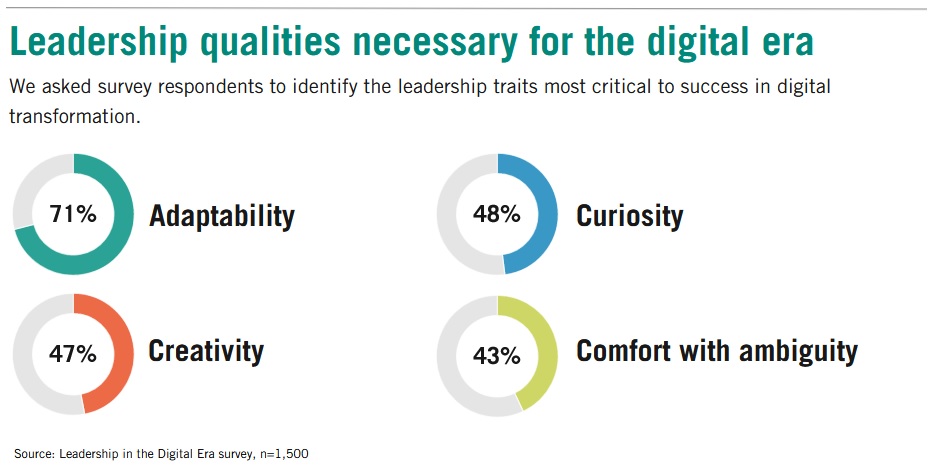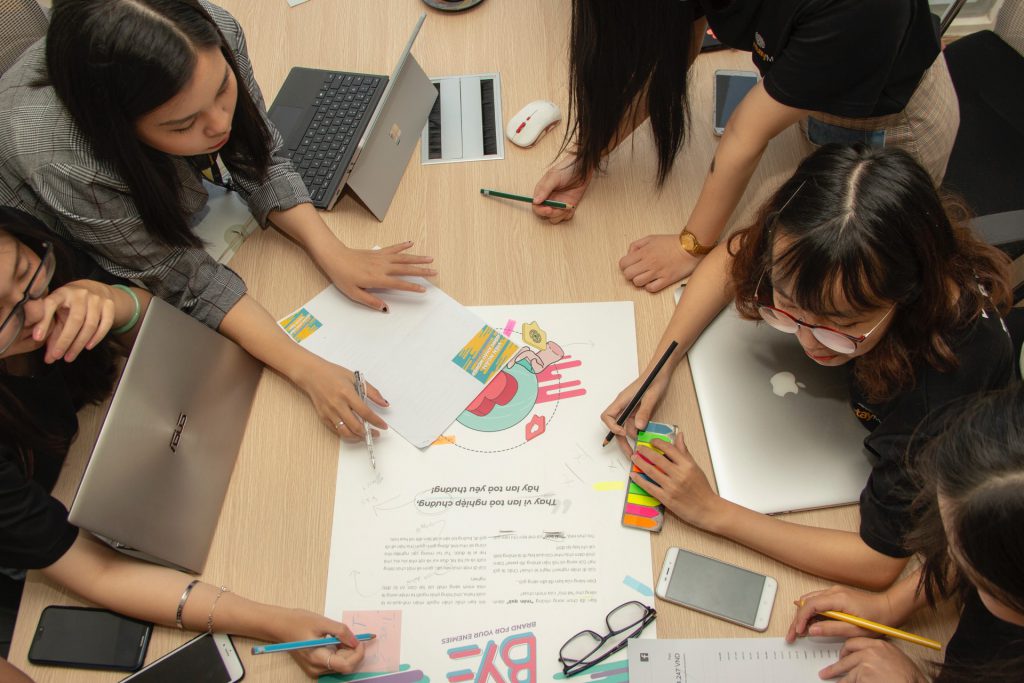In order to succeed in the digital era, we need to have a wide range of skills that are technical, as well as transferable. Photo by Maxim Hopman on Unsplash
The rapidly shifting nature of the digital world demands us to keep pace with it.
Its dynamic environment implies that when we further our studies, we need to be employable not only for jobs that are presently available, but also for those that are yet to exist.
Or when we are already part of the workforce, we need to adapt to whatever changes that occur in our professions, whether they evolve, transform into entire different ones or at worst become obsolete.
In other words, we must learn and understand the necessary skills that will allow us to thrive in the digital era for the long haul. Search online, and you’ll find countless of articles suggesting what they are. Here are a few of these skills:
Digital skills and literacy
Being proficient in digital skills such as coding, data analytics, cybersecurity, digital marketing, artificial intelligence and cloud computing are becoming more crucial than ever before, given their application across various economic sectors.
At the very least, you should also be able to use different kinds of devices, software and apps confidently and keep up to speed with the latest technology, more so if your educational and/or career field entails its utilisation.
Beyond being technically capable in digital skills and tools, you ought to be knowledgeable in taking advantage of them effectively and innovatively while taking account of the responsibility and ethics involved.
This can mean tackling misinformation and disinformation, protecting your online identities or considering the integrity and validity of data collected rather than blindly following them.
Being digitally literate, therefore, is a must, and it involves a strong grasp in critical thinking, problem solving, creativity, emotional intelligence and many other soft skills.

Collaboration and teamwork
Time and time again, we’ve seen how collaboration and teamwork can contribute to the success of a project and a workplace as a whole. Fundamentally, it drives productivity, boosts morale and encourages innovation.
These skills are being emphasised more than ever as organisations evolve to consist of employees who aren’t necessarily present in the physical workplace, like those who work in hybrid mode (between the office and their home), fully remote and under contract.
Given this additional challenge, more effort is required to work together to accomplish organisational goals, be they accommodating to the varying needs of teammates or communicating more effectively via indirect means, including emails, text messaging and video conferencing.

Leadership
One would assume that leaders of today and tomorrow are digitally literate, and possess the competence, foresight and experience to establish their organisations’ path towards digital transformation.
But in a research published in 2022 by the Harvard Business School, where 1,500 executives from over 90 countries were surveyed on the most important quality leaders should have in the digital era, adaptability is the most crucial, followed by curiosity, creativity and comfort with ambiguity.
On that basis, leaders at all organisational levels need to have a whole-encompassing understanding of their companies and the ecosystems they operate in.
They also must be willing to explore and experiment new ideas, actively seek diverse perspectives, and cultivate a culture of trust and risk-taking that enables employees to contribute to organisational success and resilience in the face of challenges.
More importantly, they ought to live by their values and lead by example to inspire employees to embrace digital transformation, at the same time remaining present, emotionally engaged and adapt to the demands of their jobs.

Learning mindset
All the aforementioned skills call for being adaptable, which is essential when cultivating a learning mindset in the digital era.
Adaptability allows us to build resilience towards future challenges and periods of uncertainty, subsequently making ourselves more open to new things and more capable in overcoming difficulties.
This goes hand in hand with lifelong learning that has become a necessity if we want to embrace the constant change brought about by technological advancement and globalisation.
Regardless of our stages in life and our areas of expertise, making learning a daily habit not only helps us to stay relevant and acclimatise ourselves more easily to any transformation that comes our way, but also provides us with opportunities to lead a more fulfilling life.

References:
Dumolin, N. (2023, June 19). It’s time to rethink job descriptions in the digital era. ETHRWorld Southeast Asia. https://hrsea.economictimes.indiatimes.com/news/workplace/its-time-to-rethink-job-descriptions-in-the-digital-era/100957057
Forbes Business Council. (2021, December 8). 14 Critical Career Skills To Cultivate In The Digital Era. Forbes. https://www.forbes.com/sites/forbesbusinesscouncil/2021/12/08/14-critical-career-skills-to-cultivate-in-the-digital-era/?sh=23c98c8d66f8
Hill, L. A., Cam, A. L., Menon, S., & Tedards, E. (2022, February 14). Curiosity, Not Coding: 6 Skills Leaders Need in the Digital Age. HBS Working Knowledge. https://hbswk.hbs.edu/item/six-unexpected-traits-leaders-need-in-the-digital-era
Marr, B. (2022, July 18). The 20 Most Important Skills Everyone Needs To Succeed In A Digital World. Forbes. https://www.forbes.com/sites/bernardmarr/2022/07/18/the-20-most-important-skills-everyone-needs-to-succeed-in-a-digital-world/?sh=e9983dc1cfee
Singh, A. (2023, August 12). Digital Skills: Empowering individuals for the digital era. Express Computer. https://www.expresscomputer.in/guest-blogs/digital-skills-empowering-individuals-for-the-digital-era/102204/




